All Glory, Laud And Honor
The mighty Charlemagne (742-814), King of the Franks, united most of western Europe under his crown. He was a visionary who advanced education and reformed the laws, economy, and culture of Europe.
When Charlemagne died, his son, Louis I, assumed the throne. At first, all went well. But in 817, he began dividing the empire among his nephew and his four sons, causing no end of problems. Twice he was deposed by his sons, and, though he regained his throne both times, he was never again able to rest securely.
Caught in the middle of this epic family conflict was Theodulph, Bishop of Orleans, a city south of Paris. Theodulph, born in Spain about 750, had gone to France as a church leader at Charlemagne’s request. He was a brilliant man who worked hard to reform the clergy. He established schools and advanced education. He advocated high morals, built churches, and composed hymns of praise to God.
But during the political intrigues of Louis’ reign, Theodulph was accused (falsely, it seems) of conspiring with King Bernard of Italy; and on Easter Sunday, 818, he was imprisoned in the monastery of Angers, a city southwest of Paris.
There, as he meditated on our Lord’s triumphalentry into Jerusalem prior to His Crucifixion and Resurrection, Theodulph wrote the great Palm Sunday hymn, “All Glory, Laud, and Honor.”
Originally there were 78 verses (39 couplets) to this hymn! The first several are the ones we commonly sing today.
-Richard Niell Donovan
-

